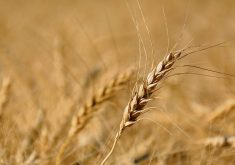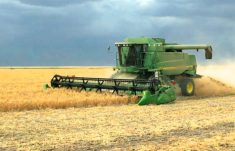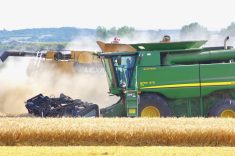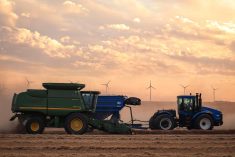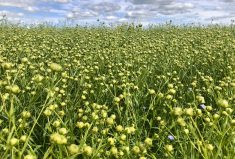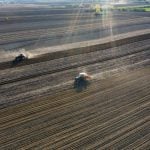A harvest season bereft of good weather will result in some crops staying in the field until springtime. The exact percentage of unharvested crops, however, remains uncertain.
“Some of the heaviest snowfall has fallen in the regions where most of the crop was left out,” commented Todd Lewis, president of Agricultural Producers Association of Saskatchewan.
Cereal crops in particular have been pushed down by the snow, and completely flattened in some areas.
“If the snow stays, it’ll be difficult to put it through the combine,” said Lewis.
Read Also

India slaps 30 per cent import duty on yellow peas
India has imposed a 30 per cent duty on yellow pea imports with a bill of lading date on or after Nov. 1, 2025.
“And if it melts, it’s going to take a long time to get the ground back in shape so it can support combines again.”
Cory Jacob, crop extension specialist with Saskatchewan Agriculture, said it’s too soon to tell what percentage of crops will be unsalvageable due to weather. Portions of canola, flax, cereals, and peas will likely be affected.
“Depending on what stays over winter, when it’s harvested in March or April we will see a larger percentage that could be unsalvageable,” he said.
Harvesting the 2019 crop in spring 2020 will also pose an issue for springtime seeding.
“They’re going to be behind the eight-ball then, too,” remarked Lewis.
“2020 will be a difficult crop year too, because of these delays. It’s going to be a hard management decision.”
Since the weather has varied significantly region-to-region, some Saskatchewan producers only need “a few good days” to complete their harvest, while others need up to two weeks.
“That’s going to be hard to get,” said Jacob.
“We’re just waiting and seeing, and it’s not easy.”
However, Lewis countered, “It’s not all bad news.”
“Guys are combining today, and the canola is coming off dry. It’s not too late, but it’s getting awful close.”




